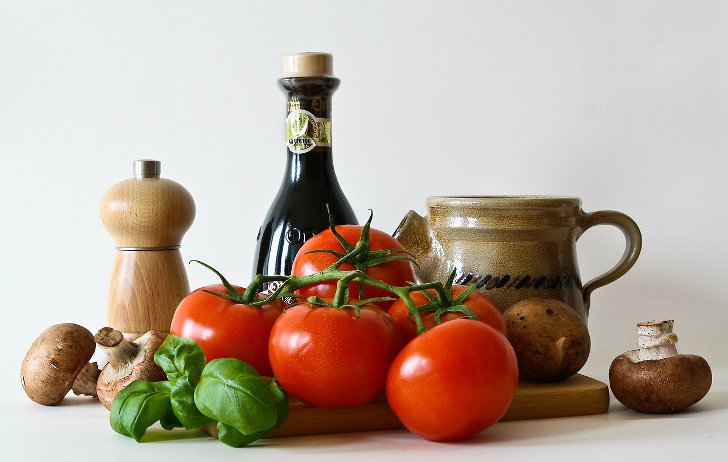The history of the Symposium began in 1979, when British historian, former diplomat and food writer Alan Davidson organized a series of seminars on food and cookery at St Anthony’s College of the University of Oxford. The seminars were a success, so the next year Davidson and Oxford scholar Theodore Zeldin organized a one-day symposium.
The first full and official Oxford Symposium on Food & Cookery took place in September 1981. The symposium lasted for two days and had about 150 participants, including 12 guests from the United States and seven from France. The majority were food writers, journalists and publishers. There was no symposium in 1982, but since 1983 the event has been held annually. In 2006, the Oxford Food Symposium moved from St Anthony’s College to St Catherine’s College.
Although held at the University of Oxford and serious in its purpose, the Oxford Food Symposium isn’t a strictly academic event. According to the organizers, its main goal is to encourage dialogue between people who share a common passion. The symposium welcomes a variety of attendees from different backgrounds, from academics and independent scholars to professional cooks and enthusiasts.
Since the inception of the symposium, each edition has had a theme. Themes are chosen three years in advance. The organizers try to select topics in such a way that particular foodstuffs and specific subjects alternate with more esoteric or philosophical themes. Examples of specific topics include Wrapped & Stuffed Foods or Eggs in Cookery. Some of the past “philosophical” themes are Food & Landscape, Food & Material Culture, Food & Language, Food & Morality.
The Oxford Food Symposium presents a number of awards and grants to honor excellence in the field as well as to encourage talented students. They include Student Research Grants, Young Chefs Grants, Prizes for Best Student Paper Presentations, the Cherwell Food History Studentship, the Sophie Coe Prize in Food History, and more.
In 2020, the event was held online due to the coronavirus pandemic.





